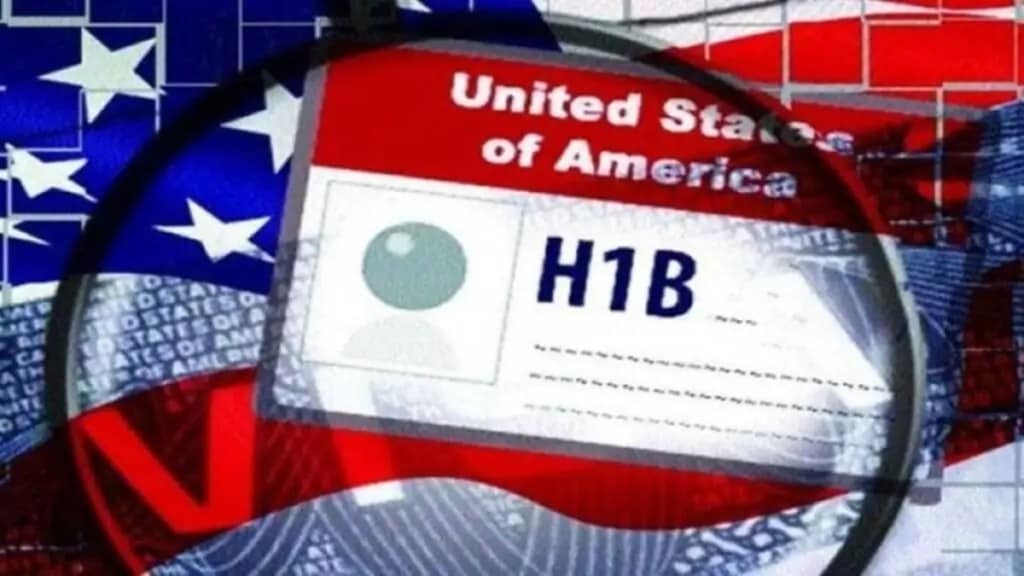The H-1B visa program is one of the most sought-after US work permits for skilled foreign professionals, including Indians in tech and STEM fields. Over 70% of H-1B visas issued worldwide are grabbed by Indians.
The H-1B visa program, crucial for skilled foreign professionals, particularly in tech, has seen changes under the Trump and Biden administrations. The H-1B visa policy under the Trump administration has focused on tightening eligibility, while the H-1B visa policy under Biden aimed at modernization and fairness.
H-1B Visa Policy Under Trump
Trump administration has introduced a new $100,000 H-1B fee to be paid by a US employer at the time of filing a petition on behalf of each foreign worker. This new fee will be applicable in the 2026 H-1B lottery season and other H-1B petitions submitted after September 21, 2025.
Further, the Trump administration has proposed a new Wage-Based System, which aims to establish a wage-based allocation process and choose H-1B candidates based on their earnings; the higher the compensation paid by the US firm, the better the chances of obtaining an H-1B visa.
H-1B Visa 2026
As the H-1B visa 2026 season approaches, numerous applicants are monitoring H-1B visa news and updates, along with the new rules from USCIS. The process starts with employers filing applications under the annual H-1B visa cap of 2026, adhering to H-1B employer requirements and compliance rules. Selected candidates from the H-1B visa lottery will then proceed to the H-1B visa stamping process at a U.S. consulate abroad.
A proper understanding the H-1B visa requirements is crucial. All the foreign applicants must hold a U.S. bachelor’s degree or its foreign equivalent in a specialized occupation. The documents required for H-1B visa filing typically include academic credentials, job offer letters, and employer petitions.
H-1B Visa Renewal and Extension
After approval, maintaining a valid status through timely H-1B visa renewal or H-1B visa extension is essential to continue employment legally in the US. The maximum initial granted period of stay for the H-1B status is three years, with extensions for up to three years thereafter.
Your employer may submit Form I-129, Petition for a Nonimmigrant Worker, on your behalf, requesting an H-1B extension beyond 6 years in certain scenarios. Also, your employer may also request to extend H-1B status beyond 6 years if you are the beneficiary of an approved Form I-140, Immigrant Petition for Alien Workers, in the first, second, or third preference category and are eligible to be granted lawful permanent resident status.
H-1B to Green Card transition
The H-1B to Green Card transition remains an attractive pathway for many foreign workers aiming for permanent residency. U.S. immigration law provides foreign workers with a variety of ways to become lawful permanent residents or get a Green Car through employment in the United States.
These employment-based (EB) “preference immigrant” categories include First preference (EB-1), Second preference (EB-2) and Third preference (EB-3). You need an employer willing to sponsor your green card under any of these employment-based categories.

